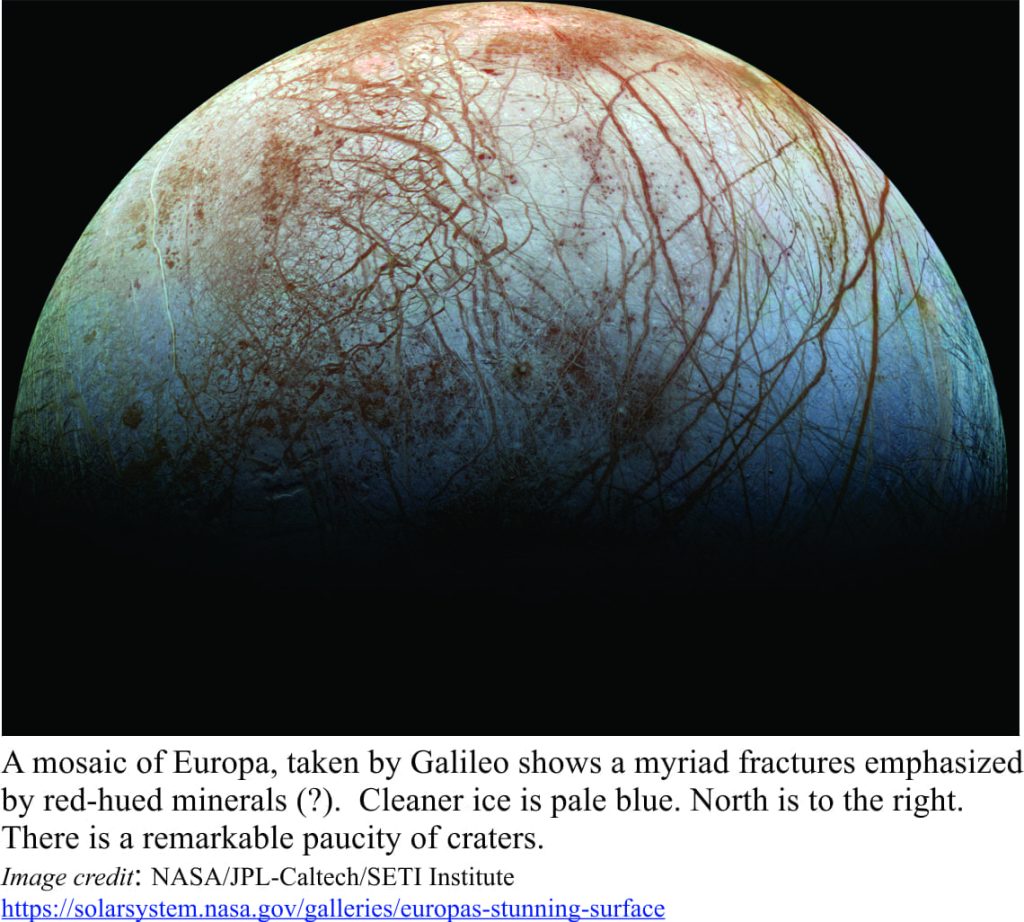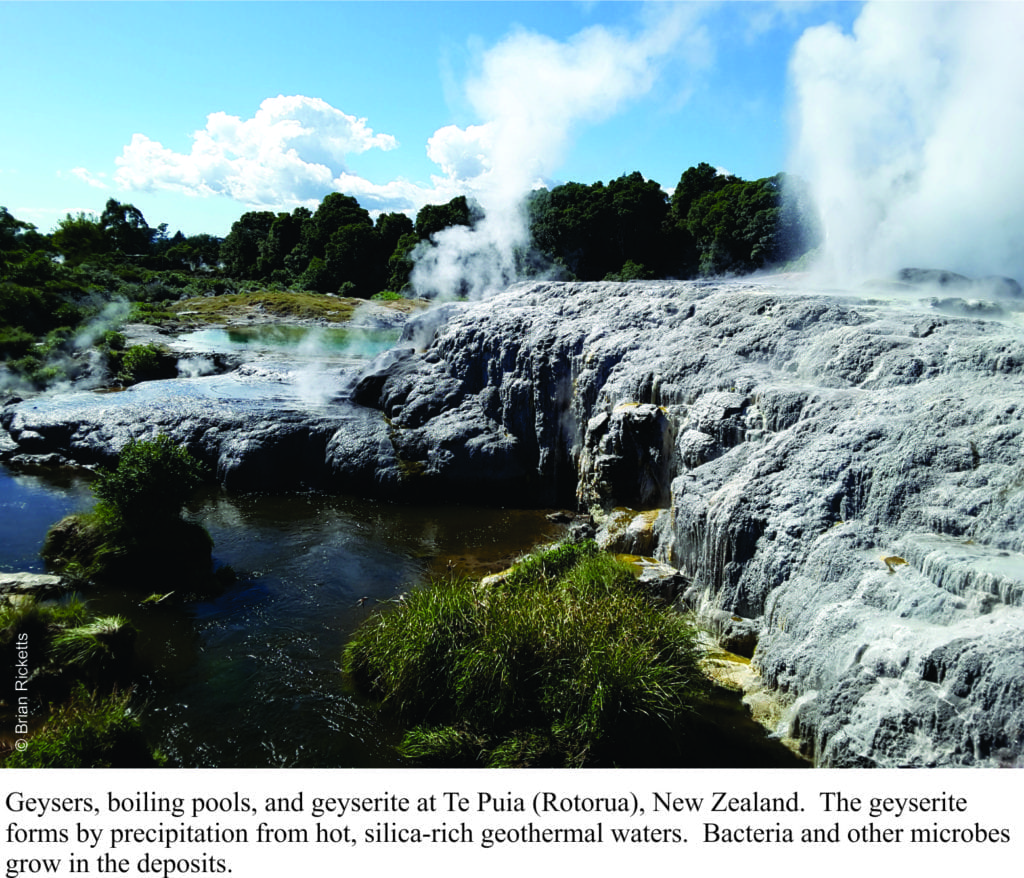Our blue Earth, rising above the lunar horizon, is an abiding image of our watery state that must evoke an emotional response in any sensible person. Cloud-swirled, Van Gogh-like. Such a blue – there’s nothing like it, at least in our own solar system. A visitor to Mars three billion years ago might have also seen a red planet daubed blue, but all those expanses of water have since vanished, replaced by seas of sand.
Earth’s oceans are unique in our corner of the universe. Except for a thin carapace of ice at the poles, they are in a liquid state, and are in direct contact with the atmosphere to the extent that feed-back processes control weather patterns and climates. Sufficient gravitational pull plus the damping effect of our atmosphere, prevents H2O from being stripped from our planet by solar radiation (again, unlike Mars). Our oceans exist because of this finely tuned balancing act. Continue reading


